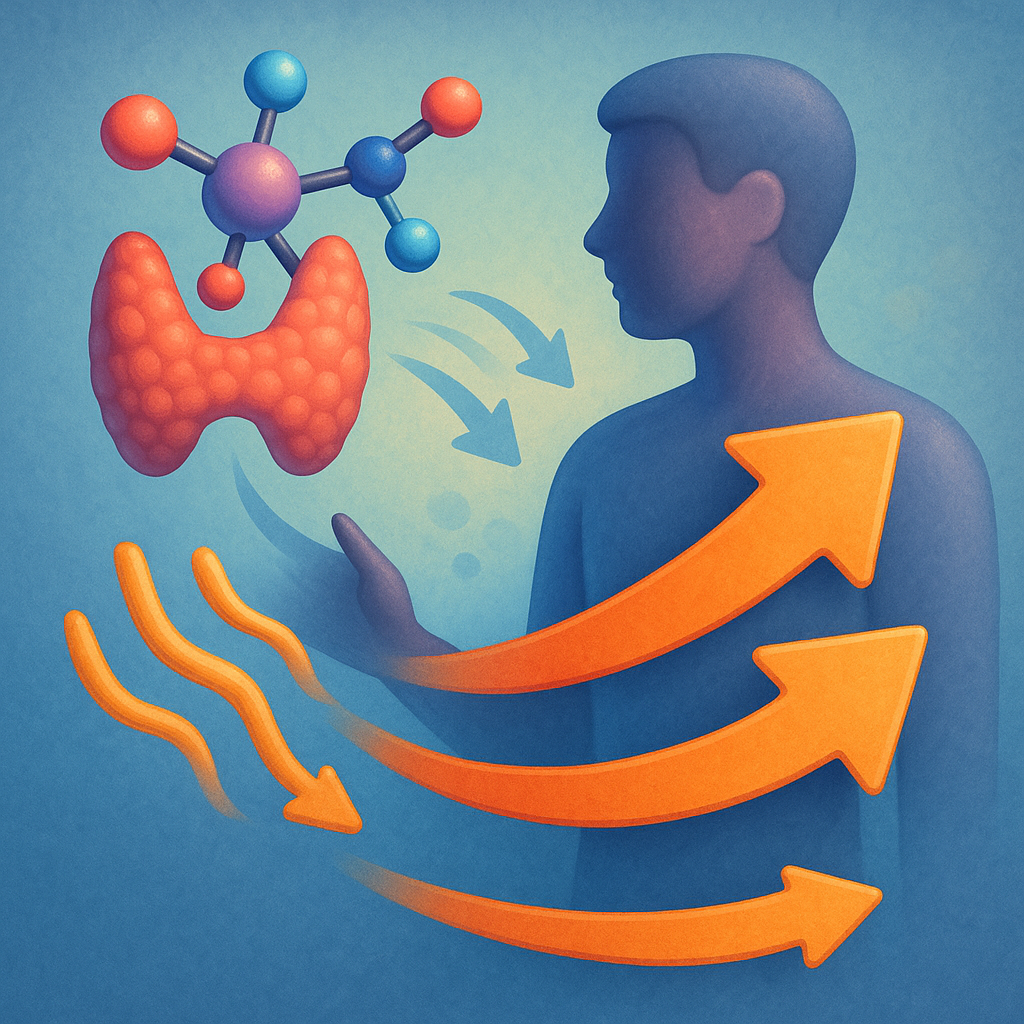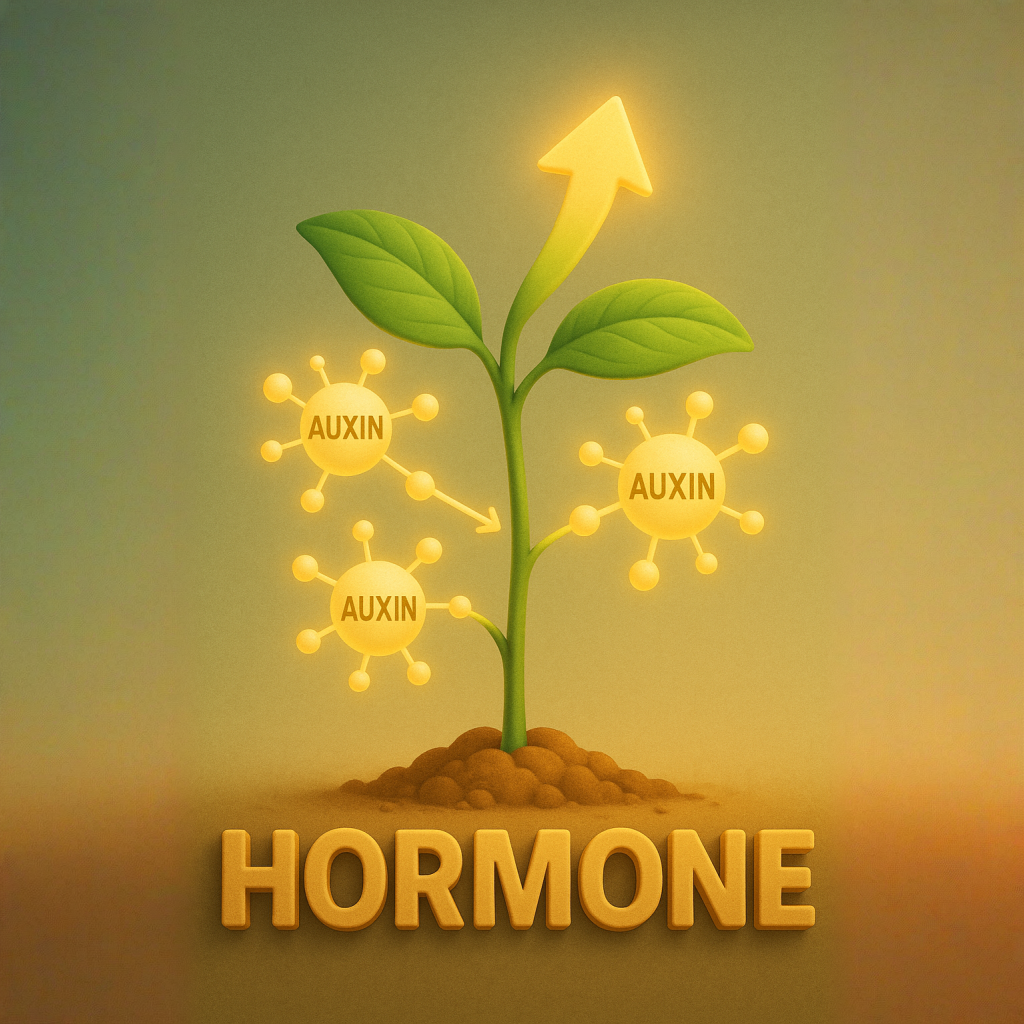Hormone
Definition
Hormone is a noun referring to a signaling molecule produced by endocrine glands and transported in the bloodstream to target organs, where it regulates physiology and behavior. Its plural form is hormones.
Parts of Speech
- Noun
Pronunciation
American English
- IPA: /ˈhɔr.moʊn/
- Respelling: HOR-mohn
British English
- IPA: /ˈhɔː.məʊn/
- Respelling: HOR-mohn
Etymology
Late 19th century: from Greek hormōn “impetus, setting in motion,” from hormaein “to set in motion.”
Derivatives
- hormonal (adjective)
- hormonally (adverb)
- hormone-like (adjective)
- hormonogenesis (noun)
- hormone therapy (noun)
- hormone receptor (noun)
Synonyms
- endocrine factor
- chemical messenger
- messenger molecule
Antonyms
- None
Usage
The noun "hormone" is used in medical, biological, and physiological contexts to refer to chemical messengers secreted by glands. For example, "Insulin is a key hormone regulating blood sugar," or "Stress hormones like cortisol prepare the body to respond to danger."
Related Terms
- Endocrine gland: An organ that secretes hormones directly into the bloodstream.
- Receptor: A protein on a cell that binds a specific hormone.
- Endocrine system: The network of glands that produce and release hormones.
- Homeostasis: The maintenance of stable internal conditions by hormonal regulation.
- Signal transduction: The process by which a hormone’s binding triggers cellular responses.
Detailed Definitions
Noun
- A chemical messenger secreted by endocrine glands into the bloodstream – regulates growth, metabolism, reproduction, mood, and other physiological processes.
- Example: "Thyroid hormones control metabolic rate."
- Any signaling molecule acting in low concentration at a distant target site – includes peptides, steroids, and amino acid derivatives.
- Example: "Plant hormones like auxin influence stem elongation."
hormone








